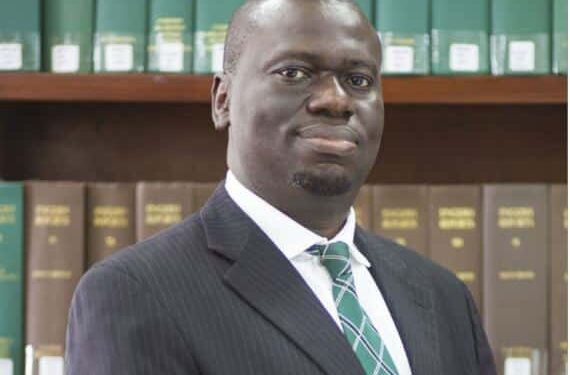Sex-for-jobs and other forms of abuses have emerged as deeply rooted problems in Ghana, causing widespread concern among citizens and prompting calls for urgent action.
A workshop held in the Western Region of Ghana saw passionate discussions surrounding the issue of sex-for-jobs and other abuses as part of the National Action Plan on Business and Human Rights.
Participants, including government officials, human rights activists, and representatives from various industries, gathered to address the prevailing concerns and develop strategies to tackle these deeply rooted problems.
In an interview on Joynews, the Lead Anchor of the National Action Plan on Business and Human Rights, Victor Brobbey emphasized peculiar cases triggering national discourse.
He said notable among such cases is the broad range of gender-related discrimination deficits in the Western Region and the nation as a whole.
“The issue of sex for jobs came up, but other issues came up as well, including discrimination based on gender, which affects the ability of women to be promoted as quickly as men, which affects disparities in salaries between men and women, which affects just the disparate treatment in workplace grievance responses for example, based on gender,” He said.
According to him, a broad range of gender-related workplace issues arose within the context of these consultations, which he hopes a ‘National Action Planning Process will be able to address holistically.’
To him, the fight against sex-for-jobs and other abuses is a critical step toward fostering gender equality, safeguarding human rights, and building a more inclusive and prosperous society in Ghana.
Victor Brobbey, therefore, urged all and sundry to take action in collectively helping the government to mitigate this act.
He said a multi-stakeholder effort led by the government and also, has strong representatives called the Business Federation.
“so the AGI, Public Enterprise Foundation are represented. In addition, other regulatory stakeholders that are relevant to improving the business human rights deficits are also part of the steering committee. So, the Minerals Commission, the Environmental Protection Agency, the Ministry of Labour, the Ministry of Social Employment and Welfare, etc are all part of it. And also, civil society and academia are represented on the committee as well.” He continued.
He said the next line of action is for the policy to be adopted by the state and for the creation of permanent structures that will seek to ensure that going forward businesses are more responsive to human rights complaints and gaps within the country.
Read also: Gov’t must act immediately to address “poor targeting of Free SHS” – Dr. Michael Boakye-Yiadom
Source: Enock Chanimbe/ATLFMNEWS




























